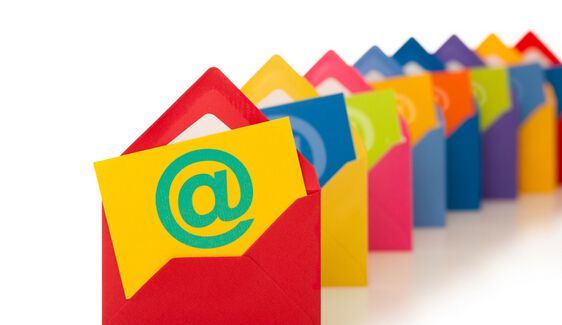2007年7月18日 哈里·波特也来打盗版
|
《哈里·波特》(Harry Potter)丛书中的最后一部将于本周六早晨在印度和中国上市。届时,这个日渐成熟的男孩巫师的出版商们将需要自己的魔力,才能避开盗版者的攻击。 When the final Harry Potter book goes on sale in India and China on Saturday morning, the maturing boy wizard's publishers will need their own magic to stave off attacks from pirates. India and China's vast populations mean they are alluring publishing markets. Printers have produced more than 8m legitimate Harry Potter books in China alone, while in India fans of the series have already placed advance orders for 240,000 copies of Harry Potter and the Deathly Hallows, according to Penguin India. 但此次全球发行也将受到密切关注,作为对西方传媒集团如何应对亚洲两个发展最快经济体猖獗侵权行为的一次检验。 But the global publishing phenomenon will also be closely watched as a test of how western media groups fare against rampant copyright violation in Asia's two fastest-growing economies. In India, where the original English version will dominate sales, publishers are hoping to keep pirates at bay for the crucial first few weeks. "Typically, given the hype and the embargo, a very high percentage of books sells around the time of publication," explains Hemali Sodhi, head of marketing at Penguin India. But although the distributor has set up anti-piracy hotlines, retained investigators to monitor pirates, and publicised the legal risks faced by copyright violators, its efforts remain reliant on under-resourced police. While more than 10,000 pirated copies of Harry Potter and the Half-Blood Prince were seized within four weeks of its worldwide release in 2006, that was just a fifth of estimated pirate production of the work. Indian street hawkers sell photocopied bestsellers for 50-80 per cent of the cost of a real copy, says Akash Chittranshi, head of ACA-Law, a firm retained to work with police to crack down on copyright infringement. Mr Chittranshi says buyers should consider not just pirates' impact on the creative value chain, but also the health risks of holding "unhygienic books printed with ink that may be toxic". In China, pirates are also expected quickly to release their own translations for the much larger local language market. It took just two weeks for an unofficial translation of the Half-Blood Prince to go on sale in Beijing, and pirates will again have an open field with the saga's final instalment. The secrecy surrounding Harry Potter releases means Penguin's local partner, People's Literature Publishing House, will see the English version only when it goes on sale and does not expect to release its translation before October. Still, publishing house editor Ye Xianlin says crackdowns by copyright authorities have helped cut piracy's impact on sales. People's Literature, he says, is also investing in distinctive paper to ensure the legitimate version stands out. "Children are pretty status conscious, so if one has a pirate copy and another has the legal version, the kid holding the pirated book will certainly feel uncomfortable," Mr Ye says. |








